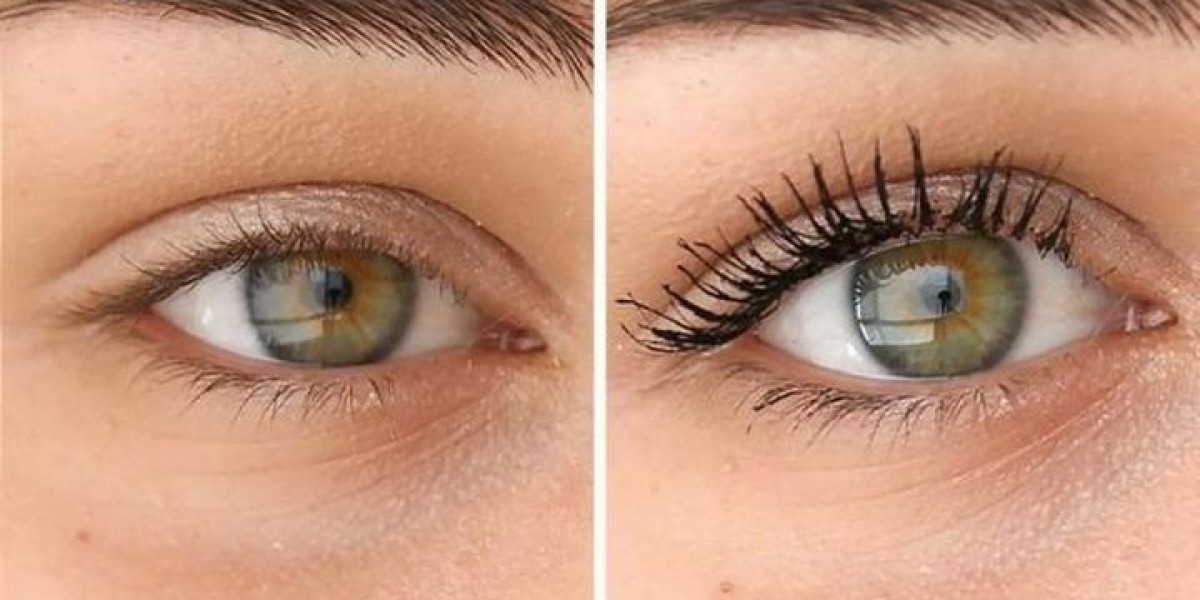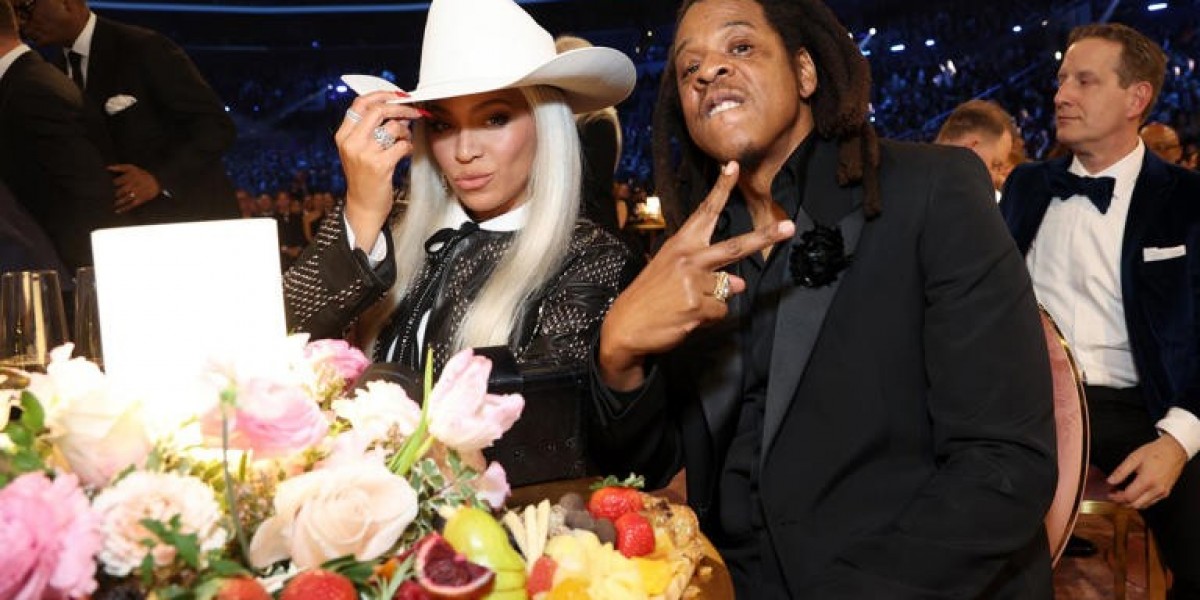When it comes to understanding penile growth and development, its essential to recognize the vital role hormones play in this process. For many individuals seeking to improve their physical appearance or address concerns about penile size, a procedure like Penile Enlargement in Islamabad may be considered. However, before diving into treatment options, its crucial to comprehend the natural biological processes that guide the growth of the penis, which is primarily regulated by specific hormones during puberty.
The Role of Testosterone in Penile Growth
One of the most significant hormones responsible for penile growth is testosterone, the primary male sex hormone. Testosterone is secreted by the testes and plays a central role in male sexual development, particularly during puberty. It is during this phase that the penis, along with other secondary sexual characteristics like deepening of the voice and growth of facial hair, undergoes rapid changes.
Testosterone stimulates the growth of the penis by increasing cell division in the penile tissues, especially in the corpora cavernosa, the spongy tissue that fills with blood during arousal. This expansion leads to the increase in penile length and girth seen during puberty. In addition to affecting penile growth, testosterone also influences libido and overall sexual function.
Human Growth Hormone and Penile Development
While testosterone is the primary hormone responsible for penile growth, the human growth hormone (HGH) also plays a role, albeit indirectly. HGH is produced by the pituitary gland and affects growth and development throughout the body, including the genitalia. During childhood and adolescence, HGH encourages the growth of tissues, including those of the penis.
Although HGHs role is not as direct as that of testosterone, it can still have an impact on penile size. In fact, individuals with growth hormone deficiencies often experience delayed or stunted physical development, which can include smaller-than-average genitalia. This is why HGH therapy may sometimes be recommended to individuals who exhibit deficiencies, though this approach is typically focused on overall growth rather than specifically targeting penile enlargement.
Estrogens Influence on Male Development
Interestingly, while estrogen is primarily a female hormone, it also exists in smaller amounts in males. During puberty, estrogen helps regulate the closure of growth plates in bones, which ultimately limits further bone lengthening. If estrogen levels are disrupted or imbalanced, they can affect the timing and extent of sexual maturation, potentially influencing the development of the penis. However, estrogen does not have a direct role in the enlargement of the penis and is more focused on the overall maturation of the male body.
The Impact of Dihydrotestosterone (DHT)
Another important derivative of testosterone is dihydrotestosterone (DHT), a hormone that also contributes significantly to male sexual development. DHT is produced when testosterone is converted by the enzyme 5-alpha reductase. It has a much stronger binding affinity to androgen receptors in the body, which means it has more potent effects in the development of male characteristics, including the penis.
DHT plays a critical role during the early stages of fetal development and continues to influence sexual organ growth during puberty. This hormone is primarily responsible for the deepening of the voice, growth of facial and body hair, and the increase in penile size. For individuals with DHT deficiencies, penile growth may be delayed or stunted, which can affect sexual maturity.
Genetic Factors and Hormonal Sensitivity
While hormones are the primary drivers of penile growth, genetic factors also play a role in determining how the body responds to these hormones. Some individuals may have higher sensitivity to testosterone, leading to more pronounced growth during puberty, while others may not experience the same level of response. This variability in hormonal sensitivity can result in differences in penile size, even among individuals with similar levels of testosterone or HGH.
Medical Conditions and Hormonal Imbalances
Certain medical conditions and hormonal imbalances can affect the natural development of the penis. For instance, conditions like hypogonadism, where the body produces insufficient amounts of testosterone, can delay or impair penile growth. In such cases, hormone replacement therapy (HRT) may be recommended to help stimulate growth and restore normal levels of testosterone. Similarly, excess estrogen or DHT imbalances can also affect the development of the penis, making it essential for individuals experiencing growth-related issues to consult a healthcare professional for an accurate diagnosis.
Seeking Solutions for Penile Enlargement
For those who feel dissatisfied with their natural penile size, options such as Penile Enlargement in Islamabad can be considered. These treatments aim to enhance penile length and girth, often involving surgical or non-surgical methods. However, understanding the hormones that influence penile growth is essential before opting for such procedures, as they can provide insight into ones natural growth potential.
Conclusion
Penile growth is primarily influenced by testosterone and other related hormones like dihydrotestosterone and growth hormones. These hormones regulate the development of sexual characteristics during puberty and continue to affect sexual function into adulthood. However, genetic factors and hormonal imbalances can also impact the extent of penile growth. For individuals concerned with penile size, seeking professional advice and considering procedures such as Penile Enlargement in Islamabad can provide viable solutions. At Royal Cosmetic Surgery PK, experts can guide you through personalized treatments, ensuring you achieve your desired results while maintaining overall health and well-being.







